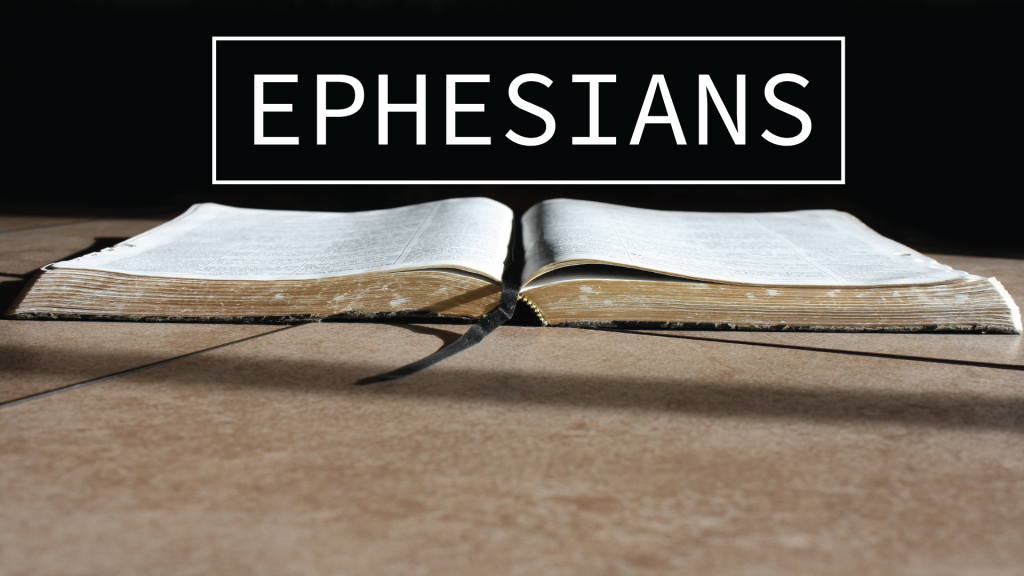
Ephesians 6:9
“And masters do the same to them. Stop threatening them, for you know that both of you have the same Master in heaven, and with him there is no partiality.”
Paul now turns his attention to slave owners. In all of these admonitions, he always balances out his demands so that both parties are clear of the Lord's expectations of them. His instructions to slave owners are perhaps the most radical of all.
He has just told slaves that they are to obey their masters with fear and trembling, and to serve enthusiastically as to the Lord.
He now tells masters that the same also applies to them. Masters are to direct their slaves as though they are doing it for the Lord.
Slavery was a fact of life in the ancient world. Rather than demanding that masters free their slaves, which might condemn some of them to poverty and even re-enslavement, Paul tells the owners to treat their slaves well. They are to represent Christ in their relationship with their slaves.
He specifically tells them to stop threatening their slaves. This is not the way of Christ. Jesus laid down his life without resisting his captors in anyway. Masters must lay down their rights to make threats of death or violence against their slaves. They must, in fact, become like servants in their attitudes.
Both slaves and masters have the same Master in heaven. The word for master is kurios, the same word as Lord. So Paul says,” Lords you also have the same Lord in heaven.” The one who is lord in his own household is subject to the Lord in heaven, as are his slaves.
This reasoning is very similar to the centurion who tells Jesus, “I am a man under authority. I say to this one go and he goes.” ( Matthew 8:9) All authority comes from our relationship to the ultimate authority of God in heaven.
Because christian masters are subject to the lordship of Christ, they must love their neighbours, even their slaves, as they love themselves.
With God there is no partiality. The word used here means a “respecter of persons.” Paul is saying that the Lord does not distinguish between slave and master; both are held to the same requirements, even though their social standing is different, and one certainly wields more power than the other.
Masters are subject to the same judgement by God as their slaves are. Social position will not determine the outcome, but faithfulness to Christ will .
In our economy, where we no longer have slaves, this suggests that directors and managers should show the same deference to their workers that they expect to receive. Impersonal emails and texts delivered from “on high” may get the job done. Concern and compassion for those doing the work “at the coal face” are more important from God’s perspective.
Key points in this verse:
-
Paul presents an radical redefinition of the relationship between slaves and their masters
-
Slave owners are to treat their slaves as people for whom Christ died
-
Masters must always remember that they also are accountable to the Lord
-
Employers and managers have a responsibility before God to care for their workers beyond the requirement of the law.